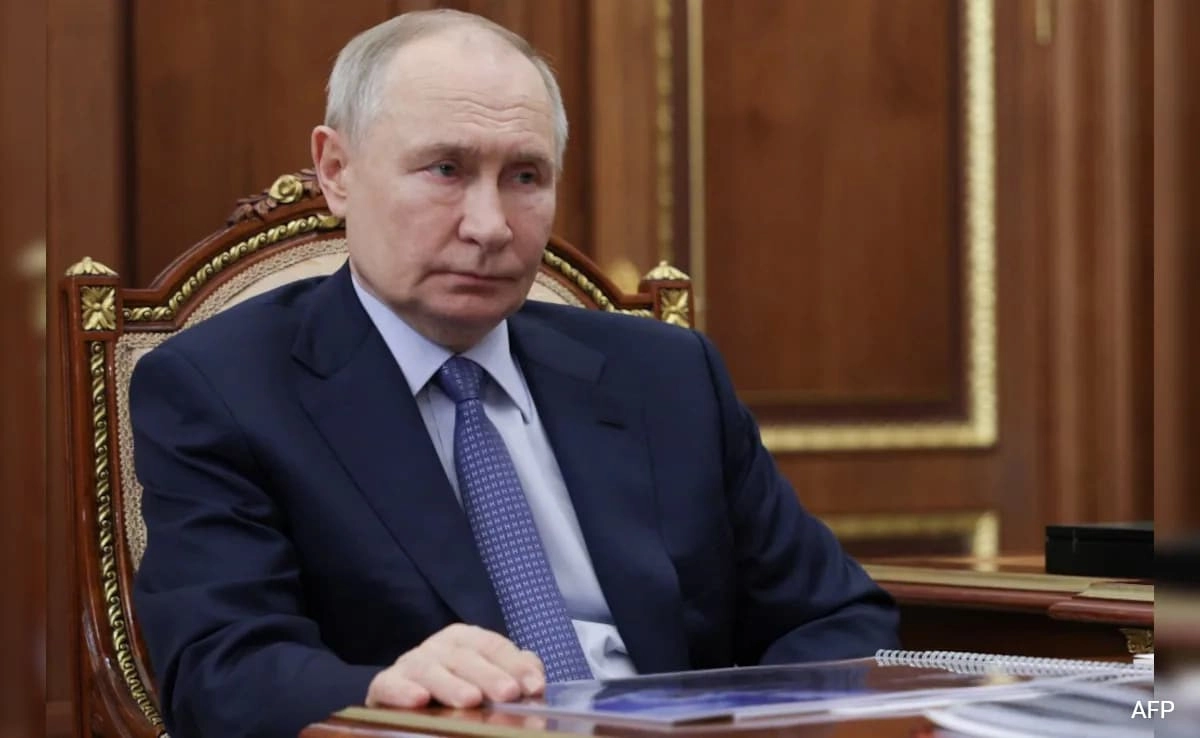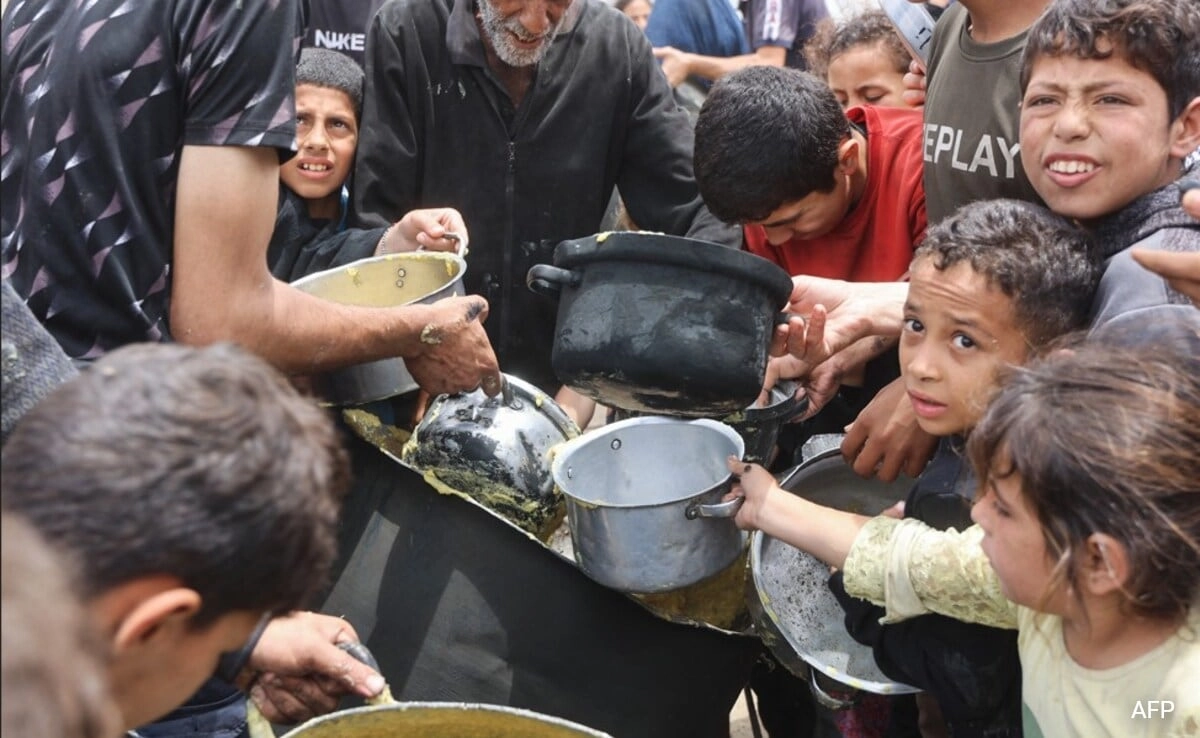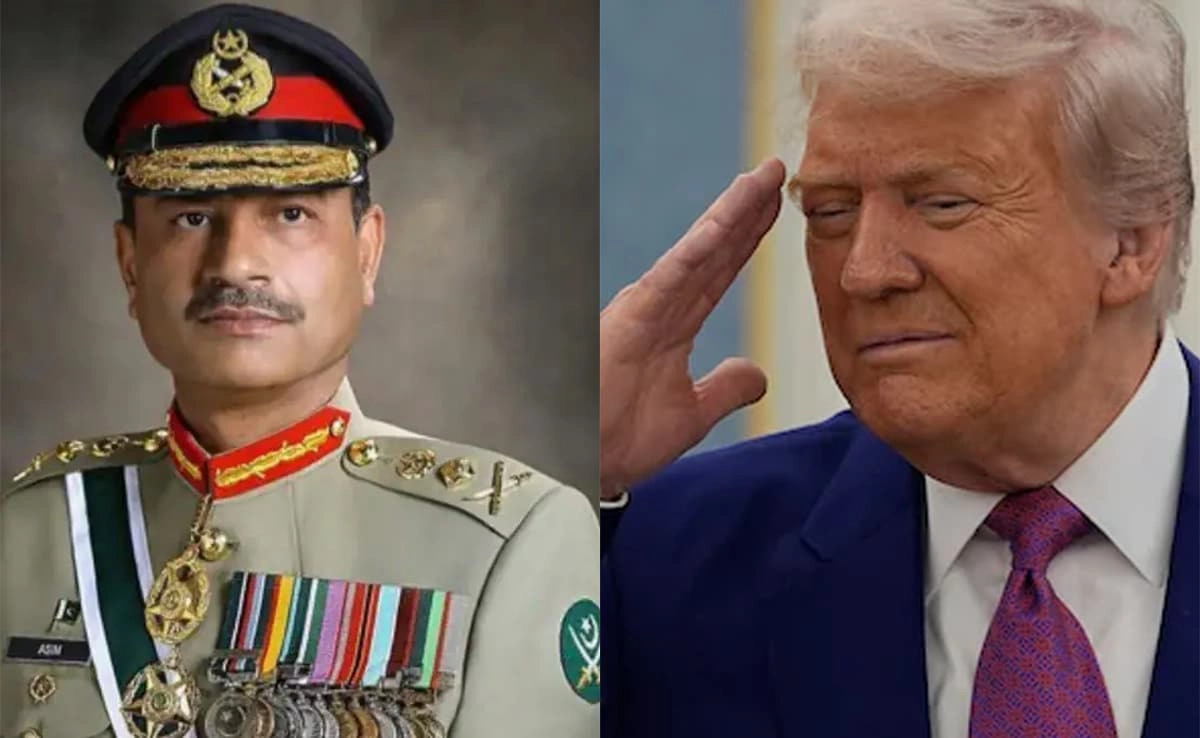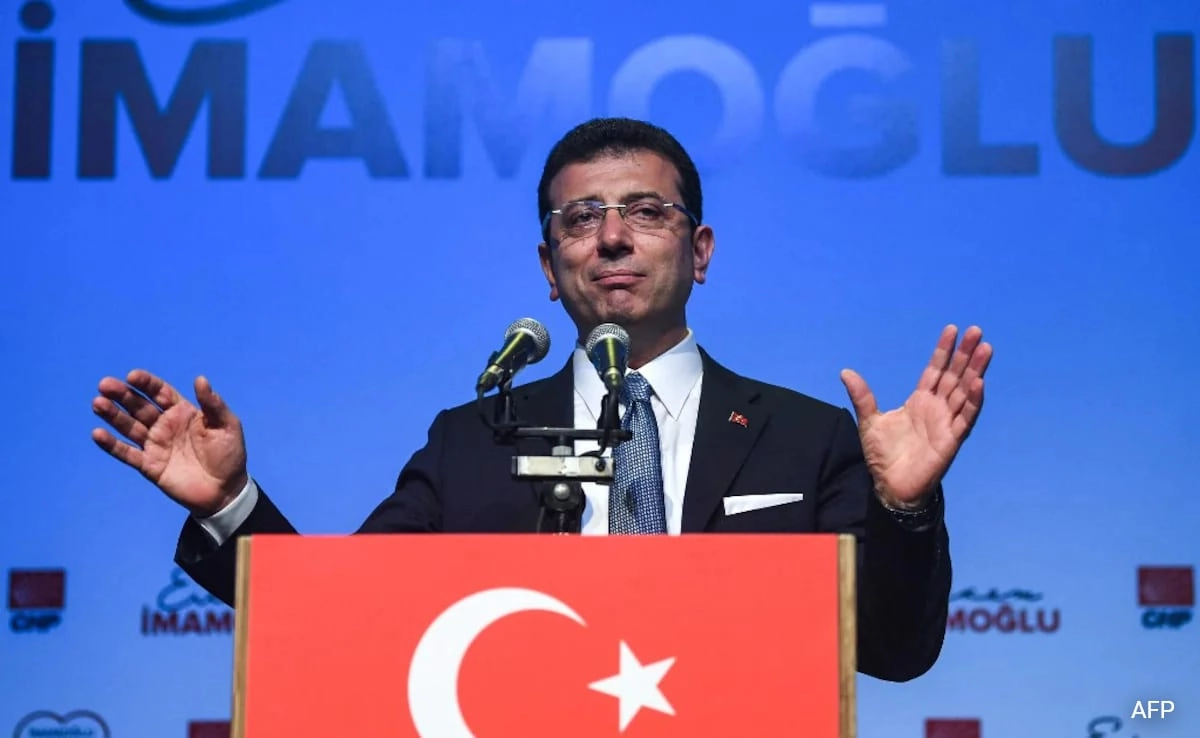Russia has firmly rejected accusations that it has not done enough to support Iran amid the ongoing conflict with Israel. The tensions in the Middle East have escalated dramatically, raising concerns about regional stability and the potential for broader confrontations. Critics of Russia’s involvement allege that the Kremlin’s actions, or lack thereof, signal a reluctance to fully back its ally, Iran, in the face of Israeli military operations and political maneuvers. These allegations come as both Iran and Israel engage in a series of hostilities that have heightened fears of a wider conflict engulfing the region.
In response to these claims, Russian officials have emphasized their longstanding partnership with Iran, highlighting various forms of cooperation, including military and economic support. Moscow has attempted to position itself as a stabilizing force in the region, advocating for diplomatic solutions to the ongoing crises. The Russian government points to its efforts in facilitating dialogue between conflicting parties and its commitment to upholding international agreements as evidence of its support for Iran. Furthermore, Russia’s involvement in Syria, where it has backed President Bashar al-Assad and, by extension, Iranian interests, is often cited as a critical aspect of its alliance with Tehran.
Despite these assertions, the perception remains that Russia’s response has been measured and cautious, likely influenced by its own strategic interests in the region. As the conflict between Israel and Iran continues to unfold, the dynamics of international alliances are being tested. Russia’s balancing act between supporting Iran and managing its relationships with other regional players, including Israel, underscores the complexities of geopolitical maneuvering in the Middle East. The Kremlin’s rejection of the charges reflects its desire to maintain its influence in the region while navigating the intricate web of alliances and enmities that characterize Middle Eastern politics.




